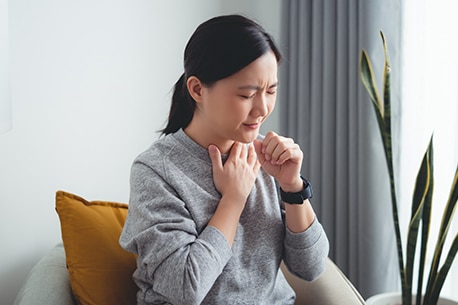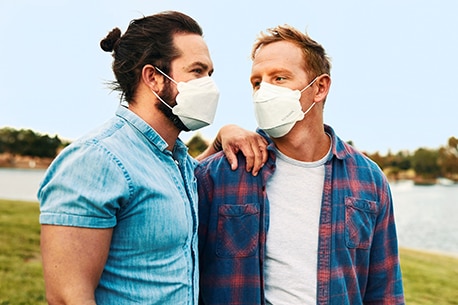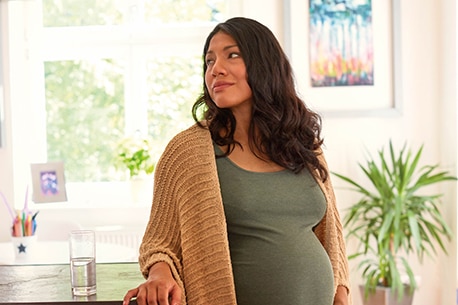Footnotes
-
Information doesn’t include all possible symptoms. COVID-19 symptoms may change with new variants and depending on vaccination status.
Continue at 1 -
Kaiser Permanente does not endorse the medication mentioned. Any trade name listed is for easy identification only.
Continue at 2 -
When appropriate and available.
Continue at 3 -
For the complete definition of an emergency medical condition, please refer to your Evidence of Coverage
or other coverage documents.
Continue at 4 - This number can be dialed from both inside and outside the United States. Before the phone number, dial “001” for landlines and “+1” for mobile lines if you’re outside the country. Long-distance charges may apply and we can’t accept collect calls. The phone line is closed on major holidays (New Year’s Day, Easter, Memorial Day, July Fourth, Labor Day, Thanksgiving, and Christmas). It closes early the day before a holiday at 10 p.m. Pacific time (PT), and it reopens the day after a holiday at 4 a.m. PT. Continue at 5






